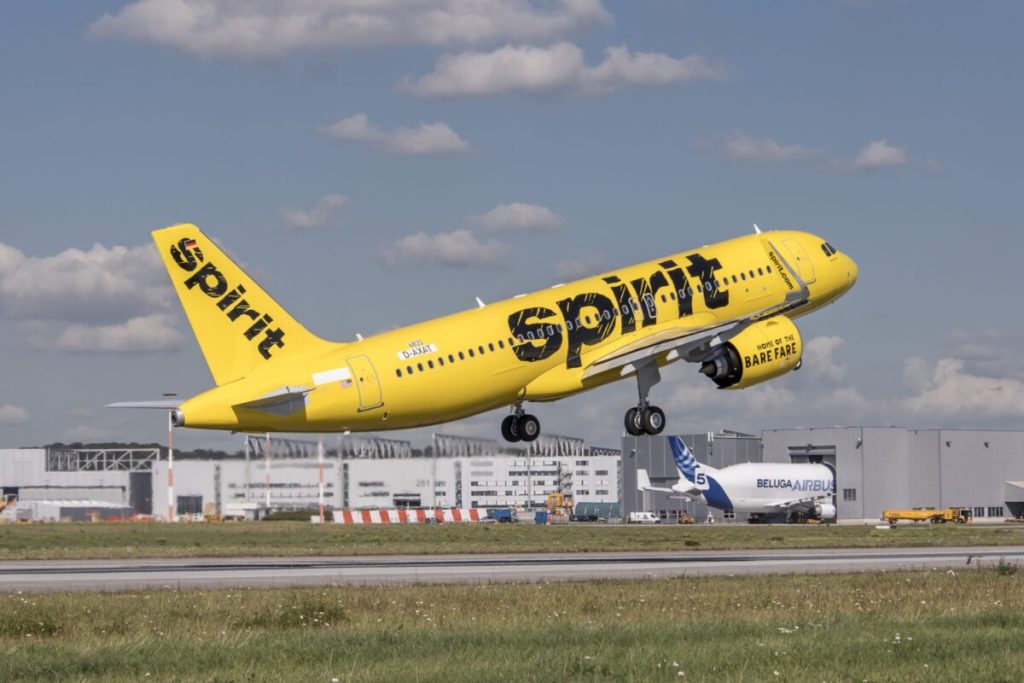Spirit Airlines recently furloughed 186 pilots, a result of engine issues grounding part of its fleet and a decision to defer aircraft deliveries. This move was aimed at cutting costs, as the airline has been struggling with declining revenues. While Spirit had anticipated furloughing 260 pilots, many pilots opted for voluntary leaves in order to protect more junior pilots’ careers. The furloughed pilots have been offered preferential interviews and benefits at other airlines represented by the Air Line Pilots Association, although it is unclear how long the furloughs will last.
In addition to the pilot furloughs, Spirit Airlines is facing a challenging road ahead. The airline recorded a significant loss of $192.9 million in the second quarter, compared to a $2.3 million loss during the same period last year. This decline was attributed to softer ancillary sales and overcapacity of domestic seats. Spirit also has a staggering $1.1 billion in debt set to mature in September 2025. To cut costs, the airline has implemented a temporary freeze on flight attendant and pilot recruitment, as well as offering voluntary unpaid leave to cabin crew members.
Despite these challenges, Spirit Airlines has implemented changes to its business model in order to adapt to the current climate. This includes bundled fare options that offer free Wi-Fi, a checked-in bag, priority check-in, boarding, and complimentary snacks. The airline is also introducing premium seating options that block off the middle seat. During a call with analysts, Spirit CEO Ted Christie emphasized that the ultra-low-cost model is not outdated, as legacy carriers have introduced similar products and services to compete for low-fare traffic.
In the broader context of the airline industry, the Skift Travel 200 (ST200) index tracks the performance of airline sector stocks across global markets. This index includes network carriers, low-cost carriers, and related companies, providing insight into the financial performance of the industry as a whole. The performance of airlines within the ST200 index offers a snapshot of how the sector is faring in terms of stock performance year-to-date. The index includes nearly 200 travel companies worth over a trillion dollars, offering a comprehensive view of the travel sector’s financial health.
Overall, Spirit Airlines’ decision to furlough pilots is a reflection of the challenges faced by the airline industry as a whole. With declining revenues, mounting debt, and the ongoing impact of the pandemic, airlines are forced to make difficult decisions in order to survive. By implementing changes to its business model and seeking ways to cut costs, Spirit Airlines is attempting to navigate a difficult path forward. The airline’s fate, along with that of the broader industry, will depend on its ability to adapt to changing market conditions and consumer preferences.


